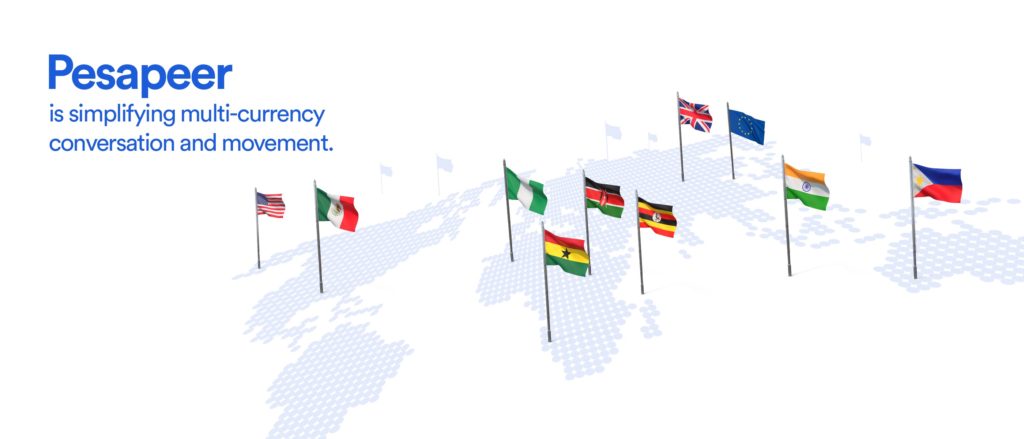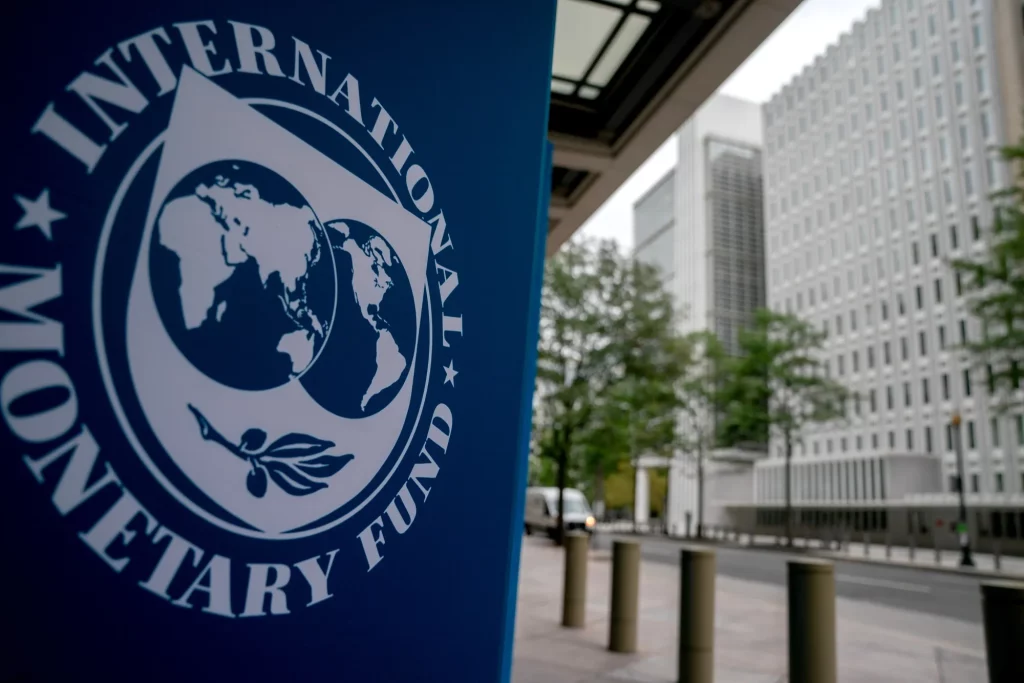
Making money is already hard; moving it should be easy. If you ask the founders of Pesapeer why it exists, the answer could be summarized as this: people were stranded because they didn’t have access to key financial solutions.
If you’ve ever experienced it, you will know nothing quite beats being stranded trying to send money or receive money urgently. That agitation, the endless questioning from the intended receiver — “Has the money been sent?” Always followed by the doubtful statement, “I’ve not received it.”
Imagine then if this problem extended beyond the confines of accessible geography? From time immemorial, cross border payment was a tedious and expensive endeavor, laced with different tiers of middlemen, codified messages, and exorbitant charges. Money was already hard to make, and moving it from one point to another was almost as hard.
These experiences are mostly lived by immigrants who keep ties with close relatives in home countries and look to send money home frequently. Also, think of students who leave Africa to study overseas and need easy access to school fees and upkeep money from parents. Receiving and sending money has been challenging.
Though things have changed, yet, they could be better.
Pesapeer to the World.
When Tolu Osho, Yusuf Yakubu and Clement Ojo decided to build Pesapeer, the problem statement was this: How could they redefine cross border payment and banking? How could they stop people from getting stranded and furnish them with the ability to send money fast and without charge?
It was important for them to start with a single base and navigate the intricacies of enabling payment from that single base to multiple corridors. This is why they kicked off with Canada as the first sending corridor.
Founded in 2020, Pesapeer’s first goal was to enable people living in Canada to send or receive money to Africa. It was a pressing challenge for these young immigrant Africans who had moved to Canada as a respite from Africa and its numerous challenges.
At first they started with Nigeria, but after a few months, they expanded to Ghana, Kenya, and Uganda. If you live in Canada, you can send CAD from Pesapeer to any bank or mobile wallet in Nigeria, Ghana, Kenya, and Uganda free of charge. The recipient will receive this money in their local currencies at the best exchange rates.
They soon listened to feedback from early customers, asking for an expansion into the UK, EU scene, and Asia. They did just that and with Pesapeer today, you can now send to over 40 countries in Africa (Nigeria, Ghana, Uganda, Kenya, Guinea, Senegal, Mali, Burkina Faso, Ivory Coast and Cameroon), Asia (India, and the Philippines), the United Kingdom and all of the countries in the European Union.
Onboarding the platform is pretty seamless. Once you download Pesapeer, you fill in all required details to sign up. Like every other financial payment app, Pesapeer allows you to make transfers up to a limited amount ($500) and increases this cap once you fill in all necessary KYC requirements.
You get real time notifications on money sent and all transfer activities are shown on your home screen.
Want to send money from Canada to over 30 countries? Just PP it!
No Charge For The Value of Ease; Transfers are free.
What would it cost for people to be able to access this service? Nothing. Transfers are free on Pesapeer. Although, they knew that they could place a premium on this service, because while borderless payments solutions have existed long before this, users still struggled with difficult user interfaces, speed of transfers, and most remittance companies had failed to put Africa in their scope; putting a charge over what they offered was capitalizing their edge but they decided against it. Tolu Osho, CEO and Co-Founder of Pesapeer, believes that the value of ease is in the stories their customers get to share with them.
“Immigration has witnessed a steady increase over the years, leading to an increase in global money remittance. Work has become borderless, and there are more remote hires than ever before, leading to an increase in cross-border payments. Converting money between different currencies could be a challenge, and that is what we seek to simplify”, Tolu Osho, CEO, Pesapeer.
Connected by Lived Stories
The founders of Pesapeer want it to be part of everyday’s stories. Stories of people who build houses in home countries; stories of progress. They want it to be part of stories of growth for multi-country businesses; making payments accessible to branches across the world. And most especially they want the people in these stories to make transfers at great exchange rates.
They also have their own story. All immigrants from Nigeria, the founders came together to solve a lingering problem they collectively faced as young immigrants trying to build a new reality and still remain connected to their origins.
Tolu Osho, the CEO, has extensive experience with building products; in recent time, he worked as a Product Specialist at Cisco, helping his customers build continuity into their Enterprise Infrastructure.
Clement Ojo, who acts as the CTO, has significant experience in building payments software solutions for banks and Telcos. He currently works with one of the notable cryptocurrency platforms as a Senior Software Engineer.
Yusuf Yakubu, who works as a Site Reliability Engineer in one of the major banks in Canada (Royal Bank of Canada), drives the brand’s go-to-market strategy and is directly responsible for customer acquisition and growth.
Next on the horizon — multi currency wallets and digital financial services.
To kick off this effort, Pesapeer has introduced a Virtual Naira wallet into their product ecosystem. The Virtual Naira Wallet is a multi-currency initiative that allows users in Canada to receive, pay, and hold Naira in their Pesapeer app and transfer in and out of that wallet to a Nigerian or Canadian bank account. In the African corridor, where the supply of FX is minimal but consumption of imports is high, the team is building solutions to bridge this gap.
But multi currency wallets are not the only ones they are exploring. The team says their ultimate goal is to provide a digital banking experience for immigrants and gig economy workers.
Canada welcomes an average of 400,000 permanent residents per year . Most of these immigrants would periodically remit money to their loved ones frequently aside from remittance; they would also require a bank account for their daily spending needs. The ultimate goal for Pesapeer is to provide digital financial services to immigrants from a single pane of glass- Where they can spend, save, invest and remit money to their loved ones. The same goal applies to a remote employee or a gig economy worker; banking and payment do not need to be restricted to your country; it should be borderless.
Right now, solutions for immigrants are still unbelievably fragmented, with competitors in the space favoring solving for one pain point each. If Pesapeer delivers on its intention, it will see it become a single source of all primary financial solutions for immigrants — one platform for everything money.
Truly audacious and welcomed.
Pesapeer Limited, Canada, is registered with the Financial Transactions and Report Analysis Center of Canada (M20300281) as a Money Service Business.










